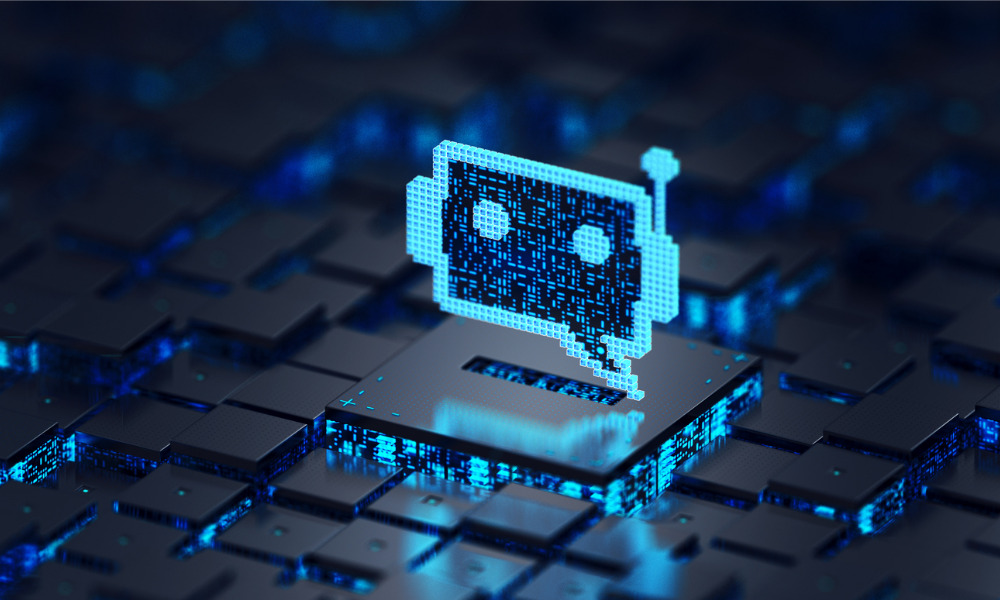AI integration can revolutionize economic sectors in several ways, say experts

There’s no denying the phenomenal impact of ChatGPT, which grew to a million users within five days of its launch, and 100 million by January 2023. Apart from being adapted and adopted across multiple enterprise and business contexts, the artificial intelligence chatbot has already been used to write academic papers, short stories, music, and films.
The boom in ChatGPT’s adoption has reignited conversations about AI, and it begs one question: what does it all mean for investors? A recent note from Capital Group sought to answer that line of inquiry.
“As was true with the mainframe era in the 1950s, PCs in the 1980s and '90s and most recently the mobile and cloud era, AI has the potential to be the next technology platform that drives major productivity gains and changes the world,” said Drew Macklis, an equity investment analyst who covers semiconductors, autos and mobility technology.
“Each of these eras created investment opportunities, but it’s critical for investors to separate the reality from the hype and be sharp on where value can accrue in the chain,” he added.
Rather than having human logic, he said ChatGPT can be better described as hyper-scale pattern recognition. One instance of how AI is already being used in the business is through chatbots like those constructed on extensive language models.
The main point of consideration for investors is if AI finally hit an economic climax.
Macklis, along with equities fund managers Mark Casey and Rich Wolf, spoke about how artificial intelligence is changing sectors and creating opportunity for businesses and investors. According to Casey, who has 22 years of expertise in the financial field, robots are already here and becoming smarter.
In the next years, AI-powered robots may have a greater economic influence. They cited Amazon, where a robot named Sparrow is being used to pick up things and pack them into boxes for shipment. There’s also Waymo One and Waymo Driver – used by Google parent Alphabet and General Motors, respectively – are providing robo-taxi services to clients in Phoenix and San Francisco.
“The wider use of robots, along with the massive computing power required for broader uses of AI, will likely be a major tailwind for the semiconductor industry and cloud services,” the note said.
On the healthcare front, AI is assisting doctors in making more accurate diagnoses. Examples include using AI-powered software to analyze X-rays, MRIs, or CT scans. Siemens, a leader in AI-related patents, has created tools that use inference modelling to identify scan irregularities more effectively. AI tools could speed up the search for new drugs, which could expedite the release of therapeutic drugs.
Macklies believes AI may boost efficiency and cause upheaval in a variety of sectors. Developers are creating a broad variety of technologies that open innovative new use cases for AI, such as creating PowerPoint presentations, scheduling trips, placing grocery orders, and doing online shopping. A new version of Moore's law for knowledge work could be driven by the significant advancements being made in other fields, such as image-based models like Midjourney or coding models like Codex and AlphaCode.
“Because of the massive amounts of data required to train AI foundation models, cloud platform giants and makers of advanced semiconductors used in data centers may see demand for their offerings rise dramatically,” the note added.
Still, there are risks associated with the technology. If artificial intelligence can imitate how people speak, for instance, cybersecurity will become increasingly difficult.
“Chatbots thus far have been prone to hallucination, providing irrational or incorrect answers,” the note added. “And in a world where prediction models can create novels, poems, photos and videos, questions of ownership issues will be challenging.”



